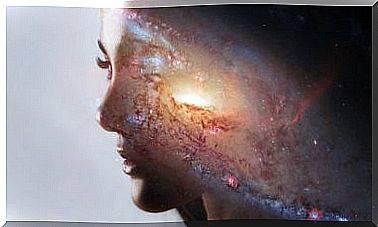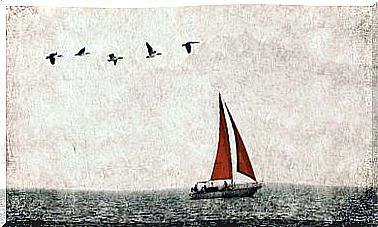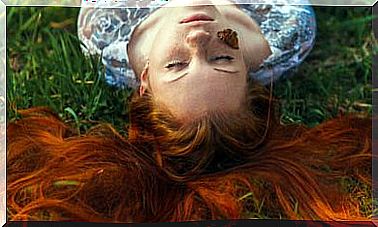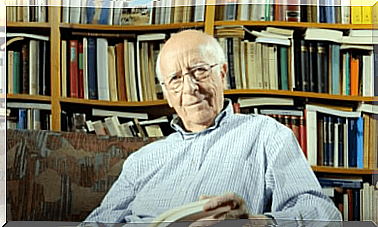The Call: A Ray Of Hope In Dark Times

In recent years, especially after the success of Eight Basque surnames (Martínez-Lázaro, 2014), Spanish cinema seems to have returned to the comedy of entanglements, in which the spectator’s smile is sought after cliché, turning out to be so gaseous that, putting away rare sparks, remains nothing. The call (2017) was an oasis in this lack of water, a breath of fresh air that came to clear the scene of Spanish comedy a bit, showing that comedy can be done without the need to fall into clichés.
The comedy of customs or table of customs has enjoyed a privileged place in the Spanish scene. This type of comedy, popularized by authors such as Lope de Vega or Tirso de Molina, presents certain similarities with reality, but without going into depth. Normally, the characters are taken from the middle or bourgeois class and are ridiculed according to the conventions. In other words, these are comedies with a social component, but without worrying about reflecting reality in detail.
This genre inspired authors such as Shakespeare and Molière and its success is undoubted. However, its heritage is so strong that it has dominated Spanish cinema for a long time. The problem is not the comedy of customs itself, but the lack of variety, creativity and novelty.
When we see a contemporary Spanish comedy, almost always, it resorts to topics, to love plots that, for social reasons, tend to present problems that lead to the laughable. Cultural, generational or class clashes are such recurring themes that they end up tiring.
It is difficult to find comedies that go further, that are more spontaneous and that do not produce that feeling of: “seen one, seen all”. For this reason, The Call is totally new on the national scene, although its form is not a new invention. Now, The Call presents a problem: the main theme of the film.
Can you talk about religiosity in a comedy without offending? Can you start from a religious discourse being totally impartial? The answer to these questions is a resounding yes. The call not only manages not to offend anyone, but to appeal to respect, love and illusion. Getting excited, experimenting, growing, making mistakes and knowing oneself, all of this is very present in The Call .
The call : the power of the new generations
Youth is, without a doubt, one of the keys to The Call. Javier Calvo and Javier Ambrossi, popularly known as “los Javis”, are the creators of this musical. Both are young and have made themselves known on the scene recently, at least as directors.
In a short time, they have managed to reap successes and captivate a large part of the public and critics, especially with their unbeatable Paquita Salas . The Call is his first feature film and is inspired by the homonymous play that premiered in Madrid in 2013. A new creation by two inexperienced authors that combines, in turn, well-known and mature faces such as Gracia Olayo with the freshness of actresses such as Macarena García or Anna Castillo.
On the musical level, the new and the old meet again, combining classics by a diva like Whitney Houston and new songs that make up an original soundtrack. Latin electro is a very recent genre that, despite the rejection that it produces in a large part of the population, has penetrated very deeply in the younger generations. And that is something that can be seen in the film: while the teenagers Susana and María dream of being stars of the genre, we find ourselves before the total ignorance of Sister Bernarda, one of the nuns of the camp and, in turn, that of Sister Milagros that, although he is younger, he belongs to another generation.
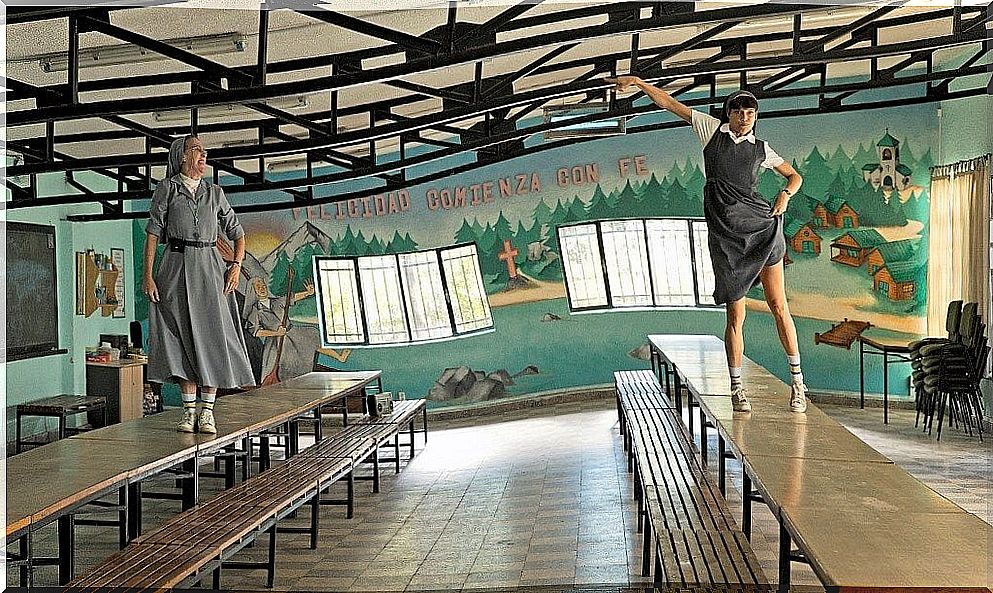
The old always seems better than the new, but we forget that what is old and classic today was once new and provoked rejection. The call combines this generational contrast that occurs through music: we have God singing Whitney Houston songs, a nun anchored in religious songs, another younger sister who listens to Presuntos Implicados and some teenagers who prefer Latin electro. And yet everything seems to fit perfectly.
The call can border on the absurd for some and even generate a certain rejection among certain sectors. But the truth is that it manages to captivate us, especially, the younger audience. The film is a ray of light that crosses us, that gives us hope and transmits us youth and desire to live, to celebrate life.
At a time when it seems that all musicals come from Broadway, The Call reminds us that there are no borders or limitations for art, that we must support young talents and trust a little more in productions that are born within our borders .
Which way to choose?
The call takes us to a summer camp called La Brújula and run by some nuns. The name is the most accurate, because in that camp, the choral cast that makes up the film will find its destination trying not to lose the north, finding in this endeavor the direction of their lives.
The young women who go to the camp are not very interested in religion or activities, they have come to have fun, to sneak out and party like any other young woman her age. María and Susana are two friends with a great fondness for music or, rather, for Latin electro; because his musical ignorance is made clear when identifying the songs of Whitney Houston as those of “the black woman that sings.”
Like any teenager, they have countless dreams that, irrational as they may seem, make their life a little more bearable. They want to succeed, they want to break into the world of music, they are innocent and easily deluded. Both live the day to day, the present and think only of enjoying themselves, without giving things too much thought; something that they repeat over and over again throughout the film: “we do it and we see”. This motto clearly represents the attitude of the girls towards life, nothing is too important and the fundamental thing is to live in the present, the worries will come, it is better not to anticipate them.
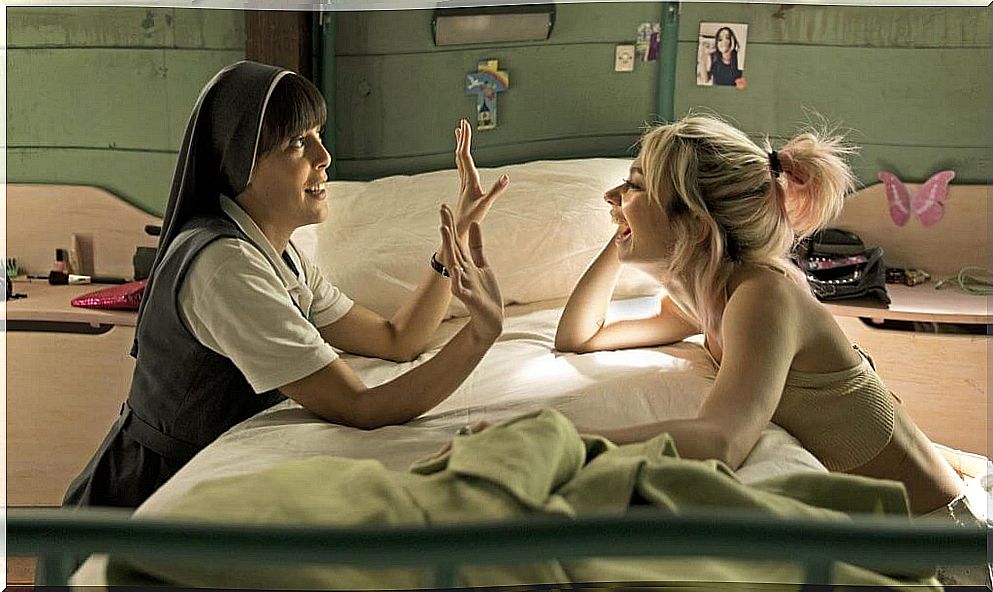
This attitude contrasts sharply with the righteousness of the nuns Sor Milagros and Sor Bernarda. Milagros is young and much more benevolent with the girls, although this means that she is not taken very seriously and the girls take advantage of her kindness. Bernarda, however, is a devout woman who fully trusts her religion and its power to “straighten out” younger girls, even if her methods are unappealing and outdated.
With the evolution of the film, each of the characters will find themselves, will discover things that they did not know about themselves and will trace their path. The religious theme, as the name of the film itself anticipates, is linked to the character of Mary and her encounter with God; that heavenly “call” that will make you rethink your life, your future and your why in the world. The call will manifest itself in various ways in each of the characters, not only in the form of God, but in the form of love and personal discovery.
Finally, The Call will lead to the acceptance of the different realities and singularities of the characters, leading us to an ending in which everything we have talked about before is combined. The old and the new, old values and modern values… but, in the end, what really prevails are feelings, love, acceptance and respect. In short, a musical entertaining, entertaining, necessary and capable of transmitting what that “call” really means, that personal discovery… Bringing a ray of light and youth in somewhat more complex times.
